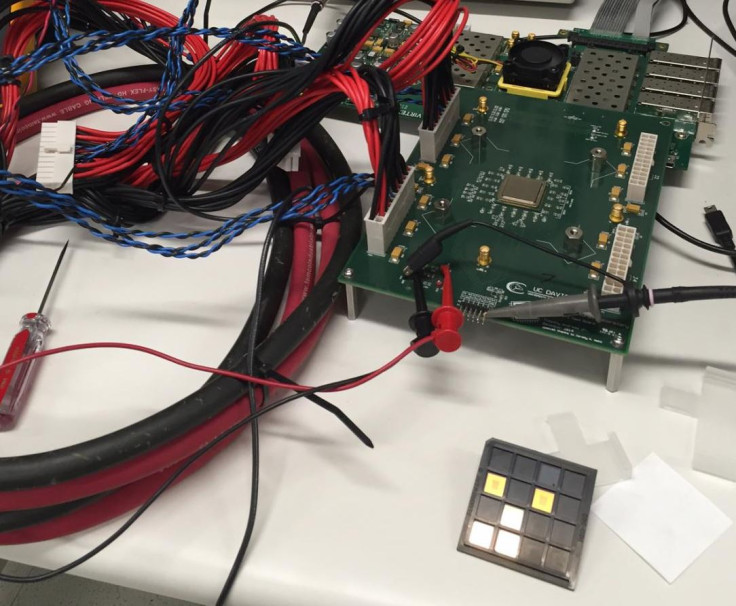Scientists develop world's first 1,000-processor chip that can compute up to 1.78 trillion IPS

Scientists have developed a microchip featuring 1,000 processors with each of its cores capable of running programmes independently. Termed the world's first 1,000-processor chip, it can compute up to 1.78 trillion instructions per second (IPS) and contains 621 million transistors.
Developed by a group of scientists at the University of California, Davis, the chip dubbed KiloCore was displayed at the 2016 Symposium on VLSI Technology and Circuits in Honolulu on 16 June. The KiloCore chip is fabricated by IBM using 32nm CMOS architecture.
"To the best of our knowledge, it is the world's first 1,000-processor chip and it is the highest clock-rate processor ever designed in a university," said Bevan Baas, professor of electrical and computer engineering. Baas led the team involved in designing the architecture of the chip.
Although there have been several multi-processor chips none of them contain more than 300 processors. Most of these chips are meant for research while some are sold commercially.
Since each processor in the chip runs with an independent clock speed, it can shut itself down to conserve energy. The cores operate at a maximum clock speed of 1.78GHz and transfer data directly to each other instead of using a pooled memory area, which could lead to a bottleneck for data.
According to Baas, this chip is the most energy efficient multi-core processor. Its 1,000 processors can execute 115 billion IPS while dissipating only 0.7 watts and a single AA battery is enough to power the chip. The KiloCore chip executes IPS 100 times more efficiently than a normal processor powering a laptop.
The applications that have already been developed for the chip include wireless coding, decoding, video processing, encryption, scientific data applications and datacentre record processing.
© Copyright IBTimes 2025. All rights reserved.





















